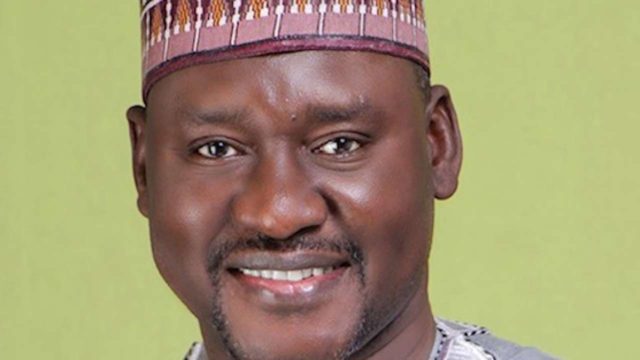As Reps resolves to review loan facilities already taken from China, other countries.
Transparency International Nigeria has charged the national assembly to reject future loan requests from President Muhammadu Buhari.
The executive director of Transparency International in Nigeria, Mr. Auwal Rasfanjani, said during an interaction with journalists yesterday that the call had become necessary due to alleged waste of resources and corruption in the system.
Recall that the senate had in April approved the federal government’s external loan request totalling N5.5 billion to fund priority projects in the country.
The House of Representatives also approved the $22.7 billion loan requested by the government during the same period.
Rasfanjani said TI was strongly against further borrowings without sufficient explanation on the management and utilization of recovered funds by the federal government.
He alleged that recovered loots and borrowed funds were either diverted or stolen by government officials.
Rasfanjani revealed how the Nigeria National Petroleum Corporation (NNPC) and its subsidiary, Nigeria Petroleum Development Company (NPDC) failed to remit a whopping $21.778 million and N316.074 billion to the Federal Account.
He also recalled how the ministries, department and agencies had continued to receive allocations without showing how the funds were spent
Meanwhile, the House of Representatives has raised the alarm over loan agreements being entered into by the federal government with China.
According to the lawmakers, Nigeria will concede some of its sovereignty if the country defaults in the repayment plan.
The House Committee on Treaties, Protocols and Agreements, which raised the alarm in Abuja on Tuesday, expressed its resolve to review loan facilities already taken by the country from China and other countries.
The minister of transport, Mr. Rotimi Amaechi, who appeared before the committee on the $500m loan taken for the Abuja-Kaduna and other rail line projects, however, warned the lawmakers against sending a wrong signal to China.
He said this might lead to abandonment of ongoing projects if the Asian country calls off the agreement.
Chairman of the committee, Mr. Nicholas Ossai, faulted non-involvement of the national assembly in loan negotiations by the federal government and its officials.
He cited the loan obtained for the Galaxy Backbone to build and operate the National Information and Communication Technology Infrastructure Backbone, a cross-country optical fibre backbone, from the China-Exim Bank in September, 2018 as an example of such loans.
The committee specifically cited Article 8 (1) of the agreement, which states that, ‘the borrower hereby irrevocably waives any immunity on the grounds of sovereign or otherwise for itself or its property in connection with any arbitration proceeding pursuant to Article 8(5), thereof with the enforcement of any arbitral award pursuant thereto, except for the military assets and diplomatic assets.’
“I have also seen from the Ministry of Communications where Nigeria signed off some certain level of its sovereignty if part of the clauses is breached.
“So, when the national assembly reacts in this manner, to question some level of agreements being entered into by any ministry of this country with any other nation, we have every right to question that; because anything that is going to happen will happen to our generations unborn,” said Ossai.
Responding, Amaechi however disagreed with Ossai, saying the federal government could not be sending all its international deals to the lawmakers for scrutiny before they are signed.


























































